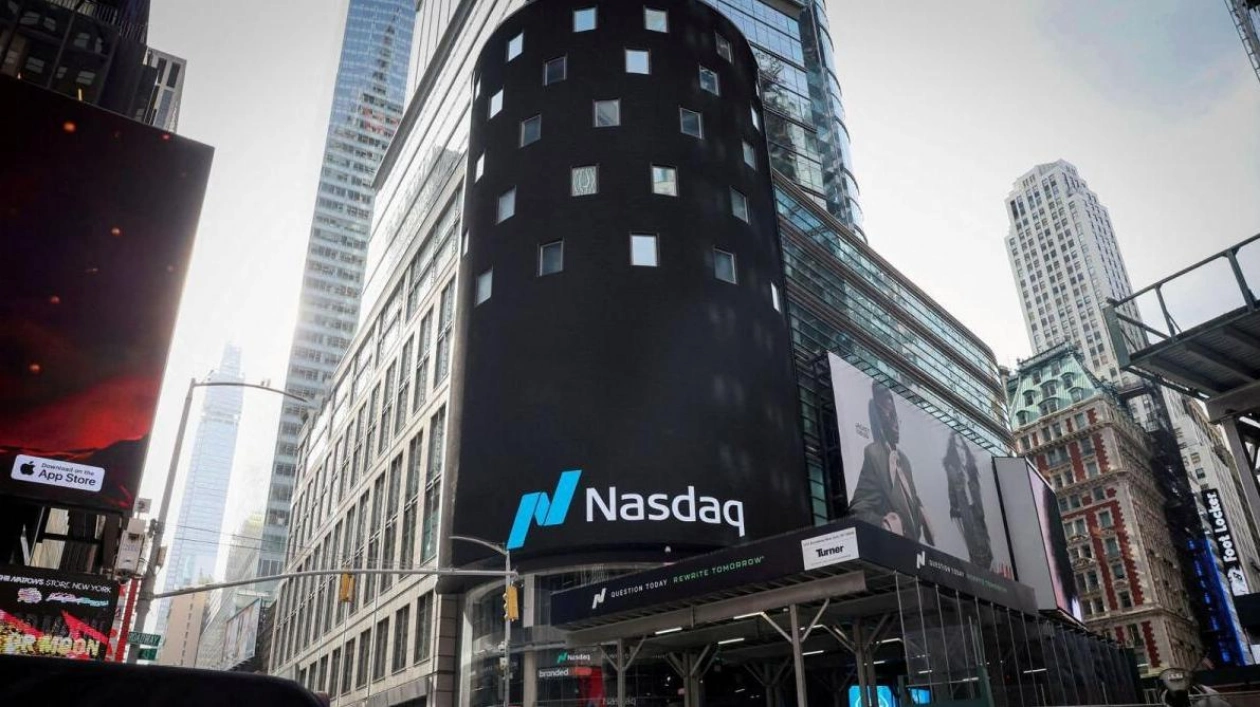Collaborations with major Nasdaq entities such as Microsoft and NVIDIA are essential for positioning the UAE as a leading global AI hub, promoting economic diversification and innovation, and contributing to a projected 19.4% of the nation’s GDP from technology within the next ten years, according to research. The rapid expansion of AI is pushing Nasdaq to unprecedented levels. Indeed, as Nasdaq Futures nears the 20,000 mark, the US 100 index is retesting the upper limit of its upward trend since October 2022. From Open AI to Microsoft’s Copilot, the AI trend is surpassing market challenges and easing concerns about monetary policies and regulatory risks. A McKinsey Global Survey reveals that 72% of organizations now use AI, underscoring its transformative influence on the tech sector and its capacity to foster continuous market growth, highlighting its critical role in shaping future technology and economics.
In the UAE, the growth of Nasdaq, driven by AI advancements, appears to positively impact the country. As top AI companies on Nasdaq flourish, their innovative breakthroughs enrich the UAE’s technological environment. This synergy not only boosts economic development but also aligns with the UAE’s vision of a diversified, knowledge-based economy, reinforcing its position as a leader in global technological advancement. The strategic partnership between the US and UAE in AI demonstrates a mutual commitment to technological innovation. The UAE’s substantial investments in US AI startups, coupled with US support for AI platforms and education in the UAE, form the foundation of this vital alliance, aiding the UAE’s shift from an oil and gas-dependent economy to a data-driven powerhouse.
Further examining the effect of monetary policies on the AI sector and Nasdaq, the recent decline in US consumer price inflation has boosted market optimism, driving Nasdaq to new peaks. Although inflation rates are slowly approaching the Fed’s 2% target, the 5.5% interest rate persists with only one expected rate cut this year, as inflation remains high. Similarly, the Central Bank of the UAE maintained its rates in sync with the US Federal Reserve, which aids in reducing its own inflationary pressures. The market lost nearly half of its gains from the CPI news after the Fed’s announcement, yet Nasdaq continued its upward trajectory, exceeding the 19600 mark.
“By early 2024, the global adoption of AI has significantly increased. As nations aim to maximize AI benefits while ensuring regulatory compliance, the resilience of the tech and AI sectors continues to surpass concerns about monetary policy and regulation,” said Razan Hilal, Market Analyst, CMT at Forex.com, to Khaleej Times. “These sectors are fundamental to global efforts to achieve long-term goals, maintaining high levels of innovation and productivity. While occasional corrections in growth trends may occur, the primary trend and long-term investments remain aligned with sustainable agendas, indicating continued strength and a positive outlook for the tech and AI markets,” she added.
Regarding AI regulations, although they differ globally, an EY analysis of eight jurisdictions identified four common regulatory areas aimed at mitigating AI risks while promoting its economic and social benefits. These include: Respecting human rights, sustainability, and transparency; ensuring cybersecurity, data privacy, and intellectual property protection; adjusting compliance obligations to specific risk levels; promoting private sector collaboration to balance innovation with regulatory requirements; and fostering international cooperation to address risks, safety, and security concerns. While AI demonstrates significant resilience, driving Nasdaq indices to record highs, countries, including the UAE which benefits greatly from rising AI technologies, strive to build a robust and ethical AI sector through regulations designed to support growth and align with their future economic and geopolitical objectives, without stifling innovation.






